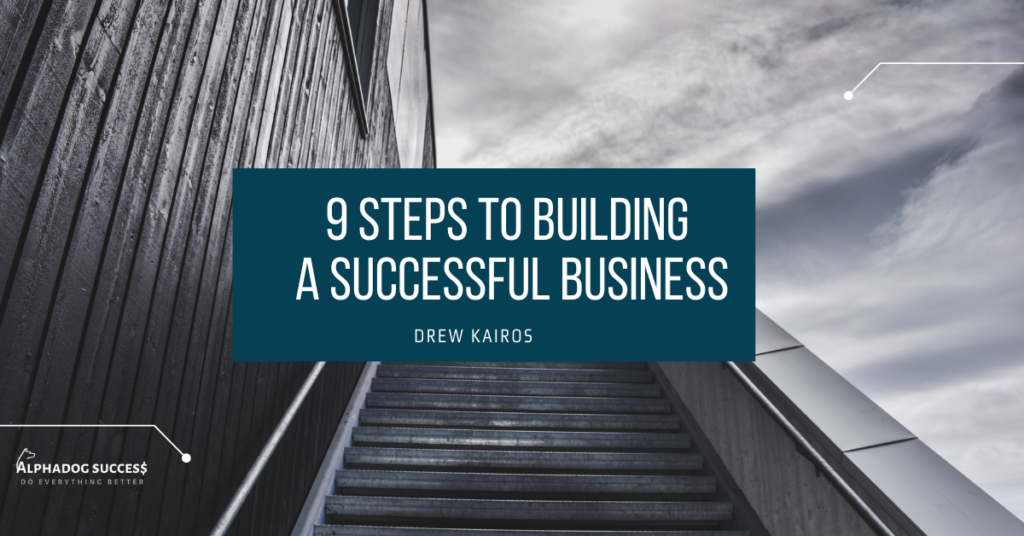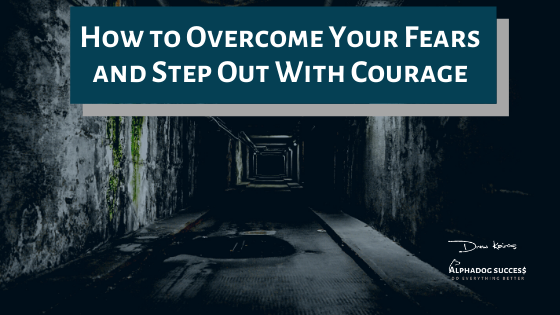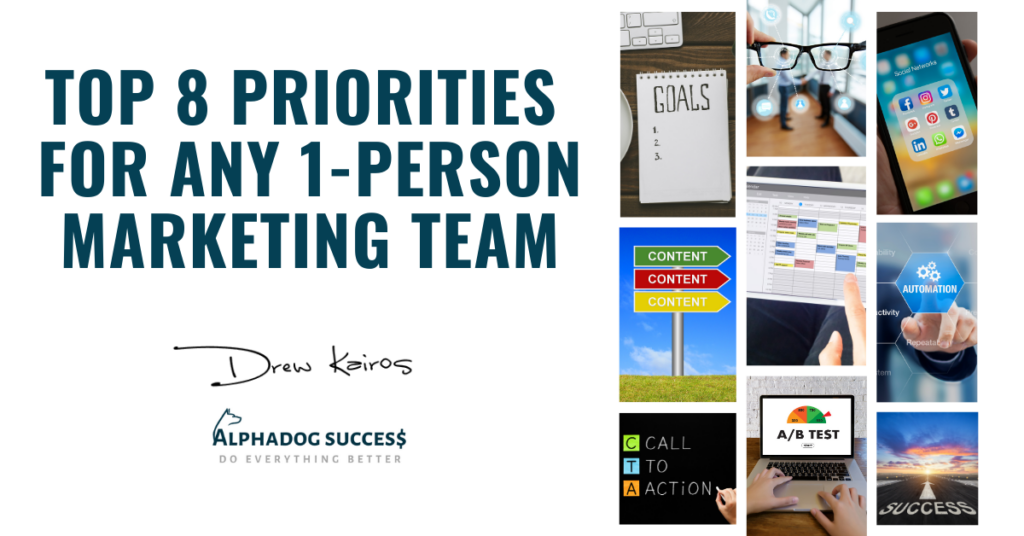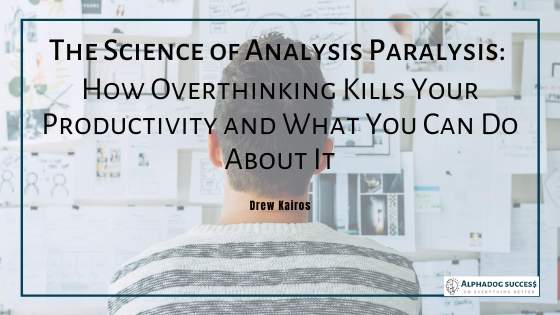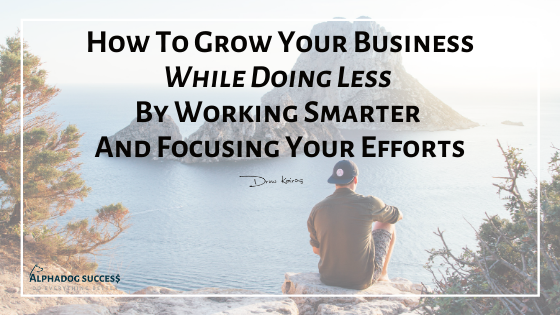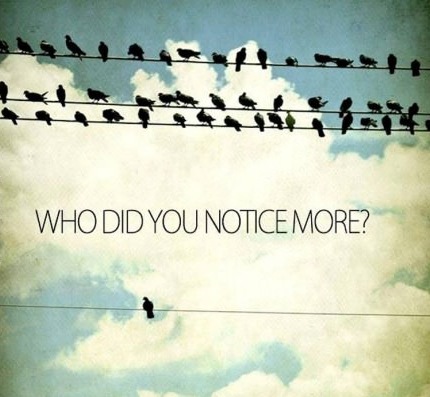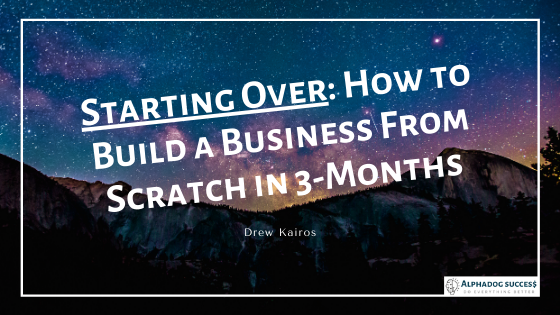9 Simple Steps To Build A Successful Business
Follow these nine simple steps to build a business more effectively, efficiently, and with less wasted time and money. Step #1 Get super clear on your BIG “Why” The most important secret to having a successful business is to be very clear about why you’re doing it. If you have a thorough understanding of what this business means to you on a personal level, it will motivate you and see you past the stressful times. Step #2 Have a solid, yet flexible plan You wouldn’t drive across country without a map. It’s even more important to chart your course when you’re starting your business. Of course, you need the traditional elements of a business plan like your company’s description products and services, strategy, market analysis, financial projections, etc. You also need to think about some other things like It’s critical to set very clear goals so that you know what you’re working toward in your business. Otherwise, it’s too easy to get distracted and lose sight of your goals. Step #3: Understand your numbers. Treat your business like a business and not an expensive hobby. You’re in business to make money. You started your business to do what you love, but you have to remember that you can’t accomplish any of it unless you’re bringing in cash. Your numbers don’t lie. Either you’re bringing in cash which means you’re making more than you’re spending, or you need to make some changes. You might need to change your prices, increase your marketing, cut some expenses, or rethink your products and services. Know how much money you want to be making each year. Divide that by 12 and you have your monthly goal. Be smart about where your expenses are going. Will you get a clear benefit from the money you spend? Step #4: Don’t reinvent the wheel. Drew says that he’s always been a big believer in shortcuts. If someone else has already done something that he wants to do, he will model what they’ve done for himself. He doesn’t have to start from scratch – research others in your field, study their companies and model that behavior. Research successful people in general – success is success. Here are some timeless principles of success: For Drew, working with a coach or self and being part of a mastermind group has helped him build a business. This might or might not be the best strategy for you. Decide what is best for you based on your own personal needs, what motivates you, and what conditions will set you up for success. Step #5: Focus, focus, and more focus. A successful business requires intensive labor and focus. You will need to cut out of your life anything that is not moving you in the direction of your vision. Exactly what that is you decide in your own personal life, but anything non-essential has to go. In a corporate job you’re basically paid for putting in hours. As an entrepreneur, it’s all about results. Excellent time management is critical. You may need to build a support system with your spouse or your parents or housecleaner or babysitter or personal assistant. You might want to shop online or use a grocery delivery service. Look at all your current activities to see where you can find some extra time to devote to your business. A lack of time is really a lack of priorities. Revisit your ‘why’ statement, then take another look at your priorities. Make sure you’re focusing on the tasks that are delivering your results. Step #6: Get comfortable with self-promotion. In order to be successful with your product or service, people have to be able to find you. As an entrepreneur, marketing must be your top focus, especially in the beginning. You need to get out there and market yourself based on a solid, well thought out strategy. Marketing and sales is something you do for people – not to people – because you have the answer to their problem. An authentic way to market your business and sell your services is to demonstrate to potential customers that you do care and that you have a solution for them. You can get this point across to potential customers without being pushy. Here’s how Drew phrases it:“Just so you know, I’m here and I have the skills to help you stop struggling and to reach your business and lifestyle goals. So, if it feels right for you and you think that working together would be a good fit, I’d be more than happy to help.” Sounds like the right approach, doesn’t it? Step #7: Done is better than perfect. Drew calls himself a lifelong perfectionist, so he struggles with this one himself all the time. But he’s learned to let go a little because if he didn’t, he would still be in the pre-launch stage. He puts it this way:” Don’t let analysis paralysis hold you back. Just implement, implement, implement.” Take action, then take the next logical step, and continue to make forward momentum every day. If you’d like more on combatting perfectionism, check out this post: https://alphadogsuccess.com/blog/perfectionism-procrastination/ Step #8: Fail fast and forward. Sometimes the only way to know what will work and what won’t is through trial and error. Failure is an essential component to success. Successful people know this, and aim to fail quickly. The key is to learn from your mistakes very quickly and make the necessary adjustments. You need to course correct right away either by tweaking your approach or by taking a different route altogether. For instance, if enough people are not signing up for new a program, is it the copywriting that needs improvement? Is your page user-friendly? Do you need to edit your video? Is the pricing off? Nothing is permanent – especially in the online world. You can change things very quickly. As the head of your company, it’s your responsibility to do so and there’s no corporate red tape to cut through.
9 Simple Steps To Build A Successful Business Read More »

